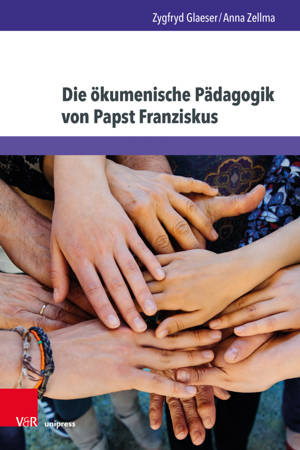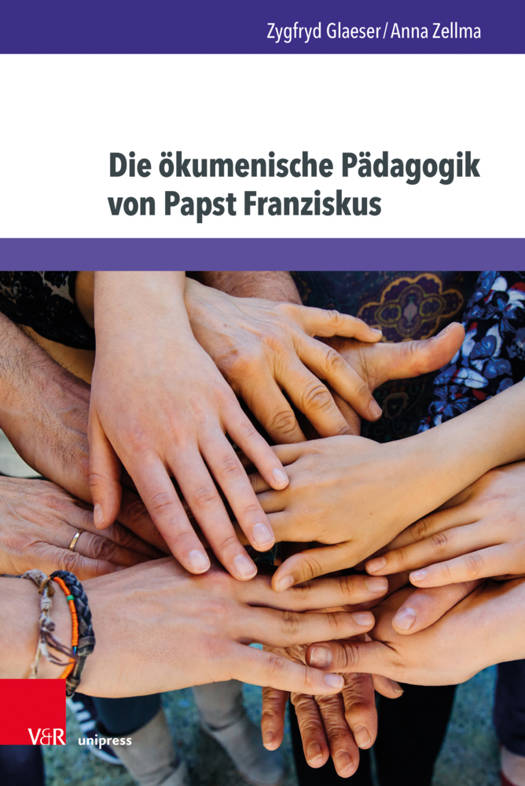
Bedankt voor het vertrouwen het afgelopen jaar! Om jou te bedanken bieden we GRATIS verzending (in België) aan op alles gedurende de hele maand januari.
- Afhalen na 1 uur in een winkel met voorraad
- In januari gratis thuislevering in België
- Ruim aanbod met 7 miljoen producten
Bedankt voor het vertrouwen het afgelopen jaar! Om jou te bedanken bieden we GRATIS verzending (in België) aan op alles gedurende de hele maand januari.
- Afhalen na 1 uur in een winkel met voorraad
- In januari gratis thuislevering in België
- Ruim aanbod met 7 miljoen producten
Zoeken
Die Okumenische Padagogik Von Papst Franziskus
Auf Dem Weg Zu Einem Neuen Verstandnis Von Martin Luther Und Seinem Erbe
Zygfryd Glaeser, Anna Zellma
€ 31,95
+ 63 punten
Omschrijving
The authors synthesize the crucial elements within ecumenical teaching of Pope Francis in the context of his references both to Martin Luther and to the broadly understood Lutheran tradition. They examine the historical aspects of the difficult debate about Reformer of Wittenberg and his legacy and also involve the impulses of Francis' predecessors (such as John Paul II and Benedict XVI) which break various stereotypes and prejudices concerning Luther and Reformation research. The ecumenical teaching of Pope Francis is based upon being completely respectful during encounter with the other. This encounter has the character of dialogical testimony which is demonstrated in a extraordinary way through the personal participation of the Pope in the 500th year anniversary of the Reformation. Pope Francis is not just a teacher, but is also an educator. He encourages both Catholics and Lutherans to conversion, to changing their way of thinking about each other.
Specificaties
Betrokkenen
- Auteur(s):
- Uitgeverij:
Inhoud
- Aantal bladzijden:
- 124
- Taal:
- Duits
- Reeks:
- Reeksnummer:
- nr. 80
Eigenschappen
- Productcode (EAN):
- 9783847112808
- Verschijningsdatum:
- 12/04/2021
- Uitvoering:
- Hardcover
- Formaat:
- Genaaid
- Afmetingen:
- 155 mm x 231 mm
- Gewicht:
- 1152 g

Alleen bij Standaard Boekhandel
+ 63 punten op je klantenkaart van Standaard Boekhandel
Beoordelingen
We publiceren alleen reviews die voldoen aan de voorwaarden voor reviews. Bekijk onze voorwaarden voor reviews.









